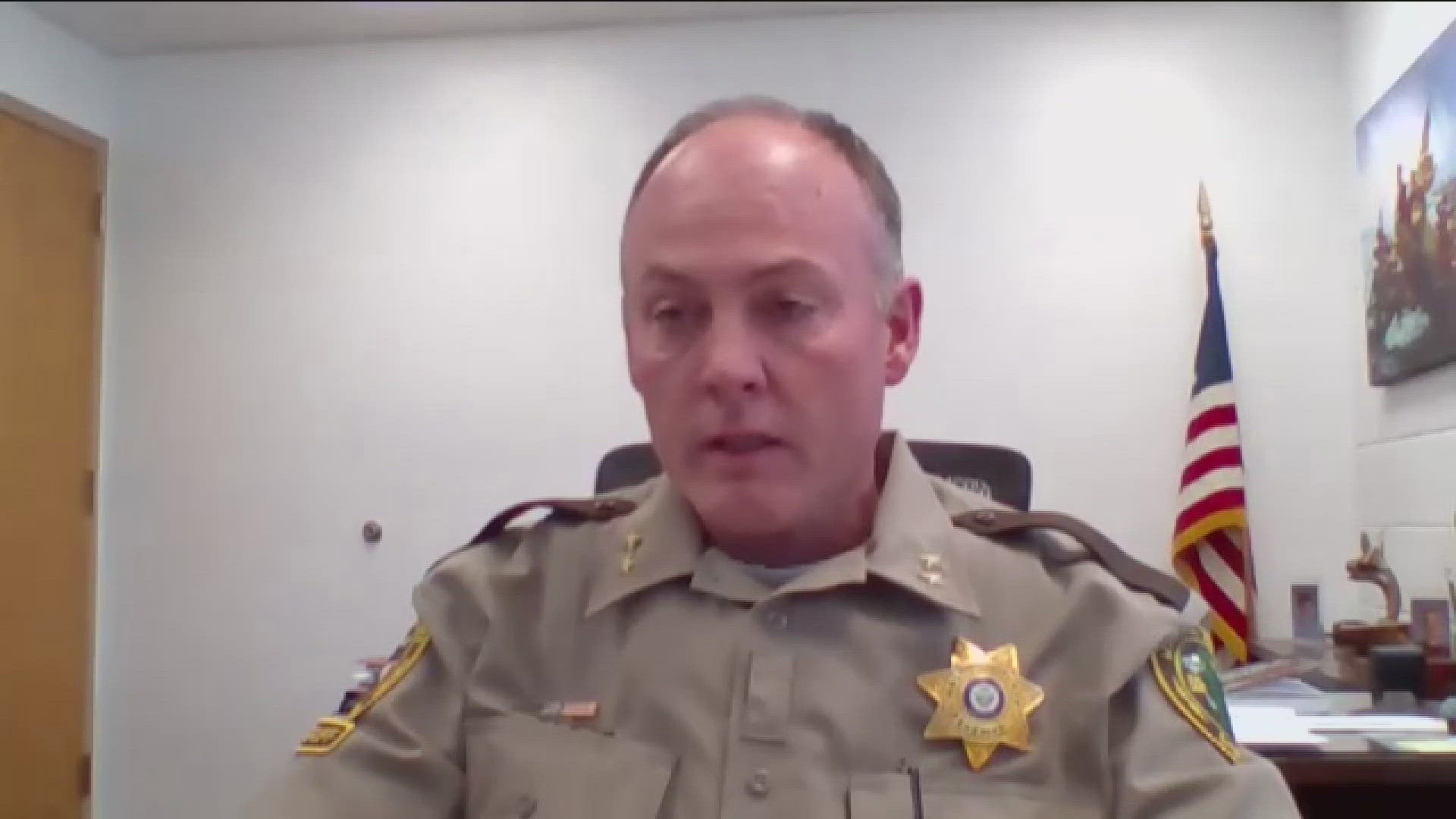BOISE, Idaho — It's been a few weeks since possessing hard drugs became a crime once again in Oregon, ending the state's experiment with decriminalization.
A little more than three years ago, voters in the state of Oregon decided it would decriminalize hard drugs by approving Measure 110.
The measure meant instead of a year in prison and a hefty fine, getting caught with a small amount could get you just a $100 fine, or you could sign up for drug treatment - paid for by the state's legal marijuana tax.
In 2022, KTVB stopped by Malheur County, where law enforcement said there was a rise of public drug use and more people on the streets. Businesses in Ontario also raised safety concerns.
As of Tuesday, the unhoused population in the county has surpassed 400 people, Malheur County Sheriff Travis Johnson said. Most of the unhoused population are near the Ontario area where Highway 201 and Interstate 84 sit – but Johnson said a small number of people are in different parts of the county.
He added there is a large encampment near Ontario with about two dozen RV's and trailers. The Malheur County Sheriff's Office is working with the owners of the private property to move people off the property.
The trend was not just happening in eastern Oregon, prompting the Oregon Legislature to roll back some of Measure 110 and pass House Bill 4002.
The law went into effect Sept. 1, meaning certain drugs like meth, heroin and cocaine are criminalized again.
RELATED: Oregonians share mixed reactions after law recriminalizing hard drug possession goes into effect
Possession is also back on the table for jail time. If you get caught, you can get put on an 18-month probation period. If you violate that, you could spend 30 days or up to six months in jail.
It's too early to feel any effects, according to Johnson.
"It's going to take a long time to undo these problems," Johnson said. "If you have three years of this going on, I think you could expect at least that or longer, to really try to deal with and get a handle on the issues that we've created."
He also added that the recriminalization is a boost in the right direction, and that they are arresting and citing people for drug use. But Johnson thinks the penalties could have gone even further.
"Even though they're caught with user amounts or small amounts of drugs, they're not going to even spend a night in jail, they'll be released immediately after," Johnson said. "Most likely you'll get a citation or maybe booked and released. So, you know, that's it. It's going to be interesting to see how that plays out, if they, if we're able to get them into the system and actually working to improve, or if that's going to be enough consequence to really make them do that."
More funding for programs
Senate Bill 5204 does provide new funding for behavioral health and treatment programs.
Johnson said the Malheur County Sheriff's Office received $150,000 to use to start a deflection program.
The program will be similar to the diversion program they already have in place and have had for several year. The money from the legislation will be used to continue providing resources and treatment programs to people.
Johnson said $150,000 is a small amount of money to try and start a program like that, but that they will continue to work with what they get.
The deflection program is expected to roll out in October.

